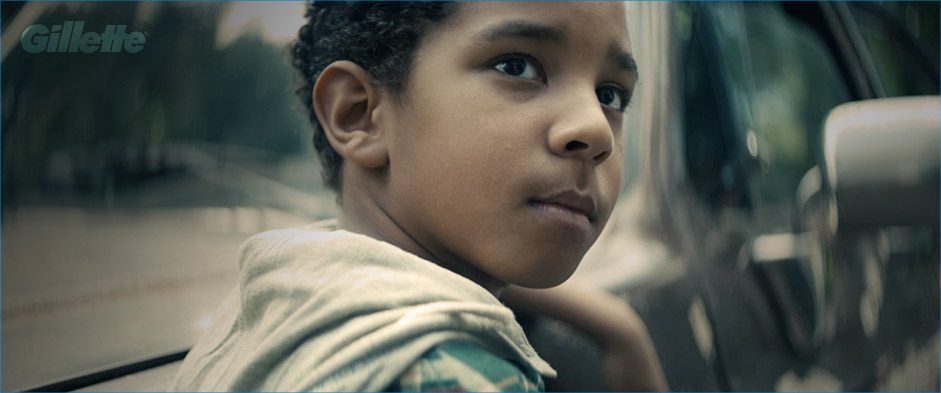The Best a Man Can Be
By Rachel Siegel
Gillette – a company previously known mostly for their advertisements directed at men filled with stereotypical representations of men and women – recently created a new advertisement, “The Best a Man Can Be,” which challenges those stereotypes and expectations of what it means to be a man. Since then, the company has received much praise, but also backlash from men who wish the company would skip the social commentary when trying to sell shaving products.
At the Jewish Women’s Foundation of New York, this advertisement is timely as we just educated our membership on utilizing a gender lens to evaluate organizations and leaders whom we support. A gender lens is a tool that can be used to understand people’s differing needs, experiences, and outcomes depending on their gender. While we are the Jewish Women’s Foundation of New York and much of our focus is around women and girls, we must seek a greater understanding of the needs and challenges men and boys face as well.
“Toxic masculinity” is detrimental to boys’ development. Society’s insistence that men conform to traditional masculinity ideology has been shown to limit males’ psychological development, constrain their behavior, result in gender role strain and gender role conflict (Pleck, 1981, 1995; O’Neil, 2008; O’Neil & Renzulli, 2013), and negatively influence mental health (e.g., O’Neil, 2008, 2013, 2015) and physical health (Courtenay, 2011; Gough & Robertson, 2017).
Just days before the release of the ad, the American Psychological Association issued new “Guidelines for the Psychological Practice with Boys and Men.” The new guidelines highlight the unique physical and mental health risks boys and men face, including higher rates of completed suicide, violence, substance abuse, cardiovascular problems, and early mortality. They also issue a warning against conforming to traditional stereotypes of masculinity, citing years of research that links machismo to the aforementioned health risks. We need to address this issue and I, for one, am glad to see that Gillette has taken it on.
As the parents of an infant son, my husband and I hope that he will grow up to be a sensitive man. I want him to be empathetic and have the ability and desire to care for others. I want him to live in a society in which sensitivity is not assigned to any one gender and of which he can be proud. I want this not only for my own son, but for all boys, and for the sake of our entire community.

